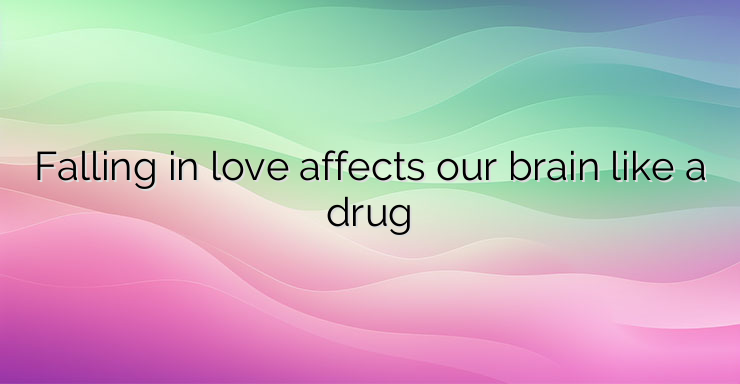Hey there! Ever wondered why falling in love feels like you’re on cloud nine? Well, according to a study by psychologists at New York University, it’s because your brain reacts a lot like it does to a hit of cocaine!
In this study, volunteers were shown pictures of their partners while researchers monitored their brain activity using scanners. What they found was fascinating: just seeing their loved ones caused a surge in dopamine levels in the participants’ brains. Now, dopamine is a key player in the brain’s pleasure game. It’s like the brain’s way of saying, “Hey, this feels good!”
This pleasure party happens in a special part of the brain called the nucleus accumbens. It’s like the brain’s pleasure center, where dopamine throws the best parties. Whether it’s from falling in love, eating chocolate, or even taking drugs, dopamine is there to make you feel all warm and fuzzy inside.
But it’s not just about dopamine. Love is a cocktail of hormones and chemicals that make us feel all tingly. During the honeymoon phase, hormones flood our bloodstream, making us crave emotional connection with our partners. And those long gazes, tight hugs, and passionate kisses? They’re like rocket fuel for dopamine production!
Scientists even suggest that the way relationships develop can be traced back to our neurochemistry. From physical attraction fueled by hormones to the fiery passion of dopamine, and finally settling into long-term love with the help of serotonin and oxytocin.
So, the next time you feel those butterflies fluttering in your stomach, thank your brain’s chemical messengers for giving you that lovestruck high. After all, falling in love is like riding a rollercoaster of emotions, with dopamine as your fearless leader!


Leave a Reply